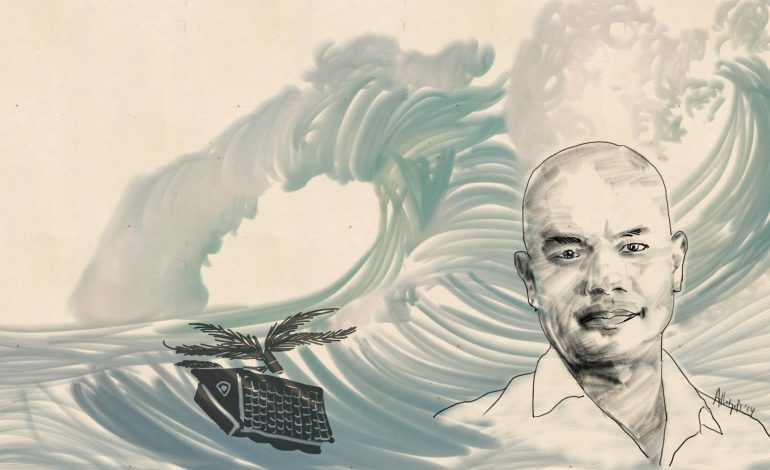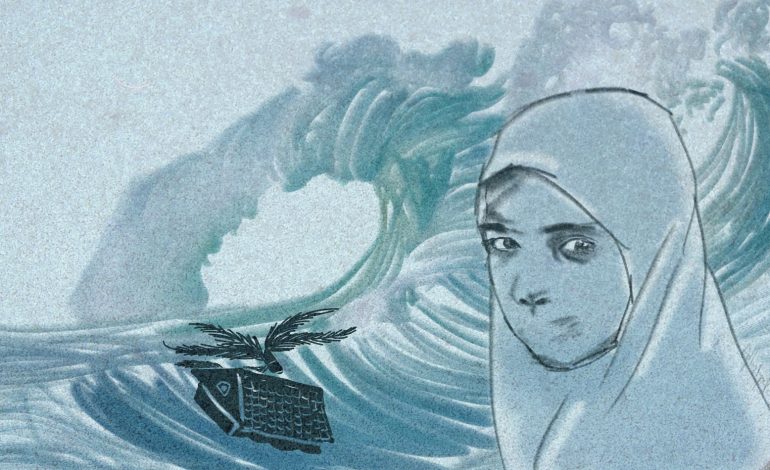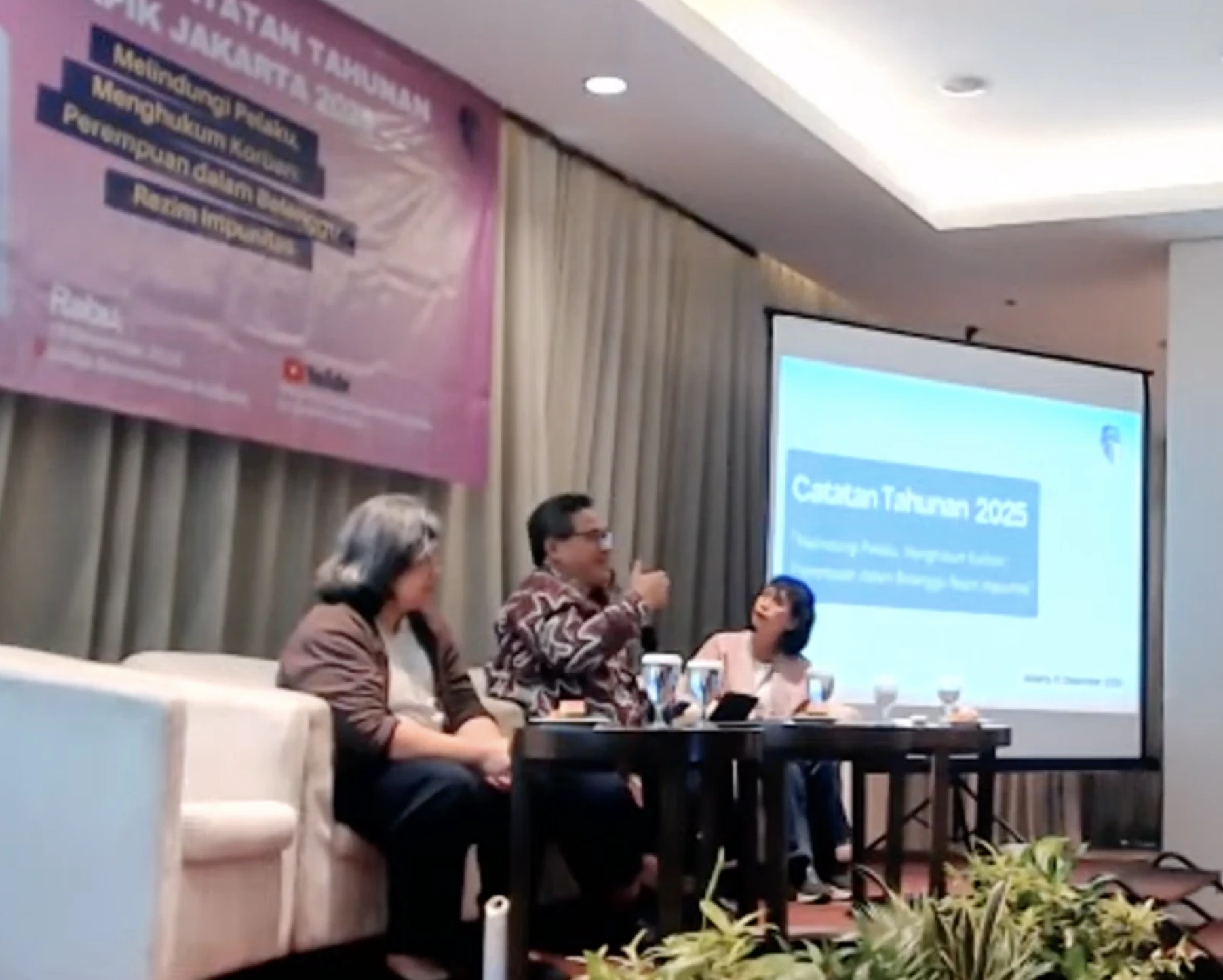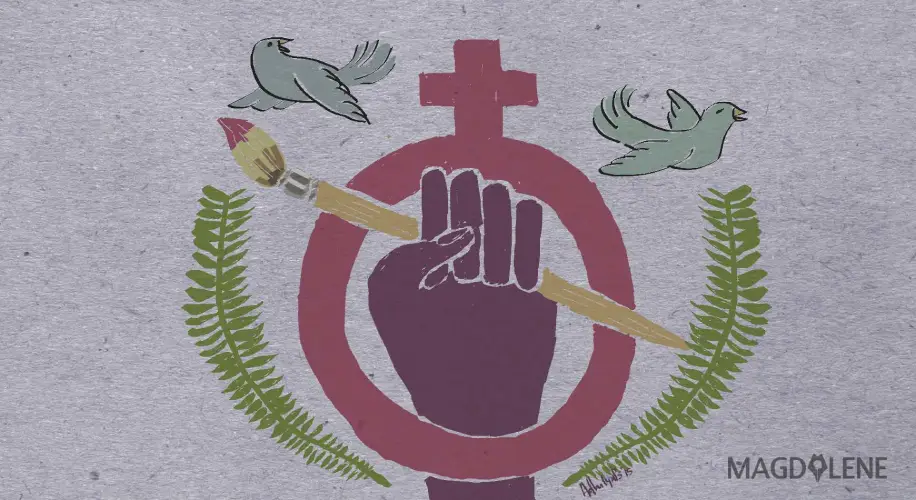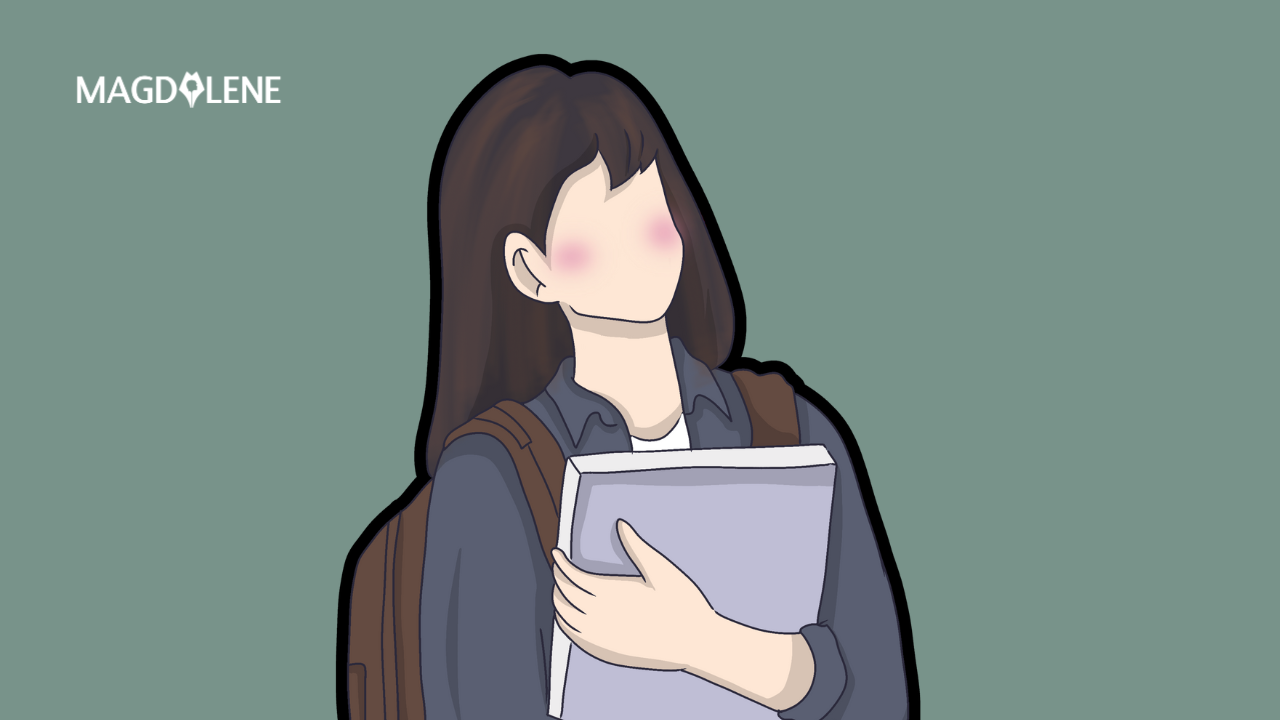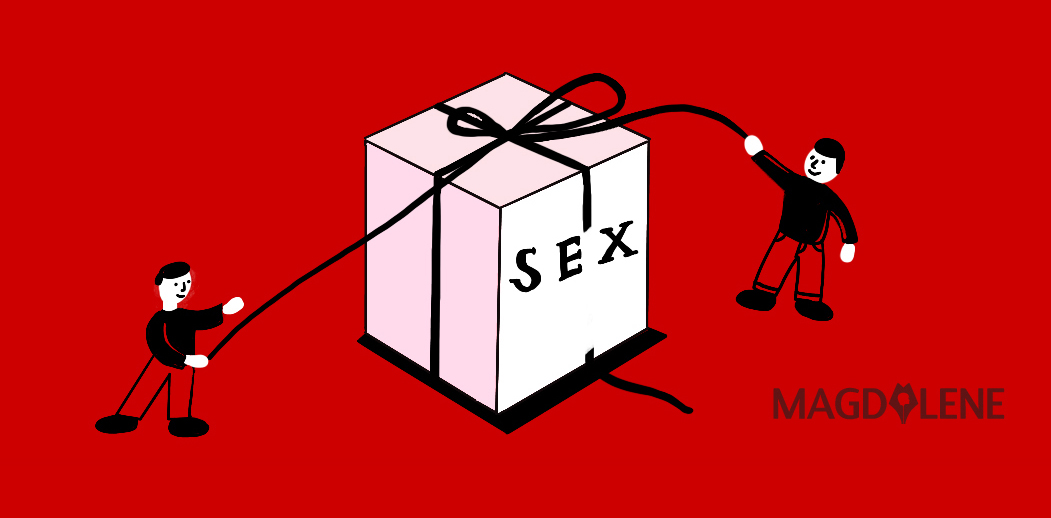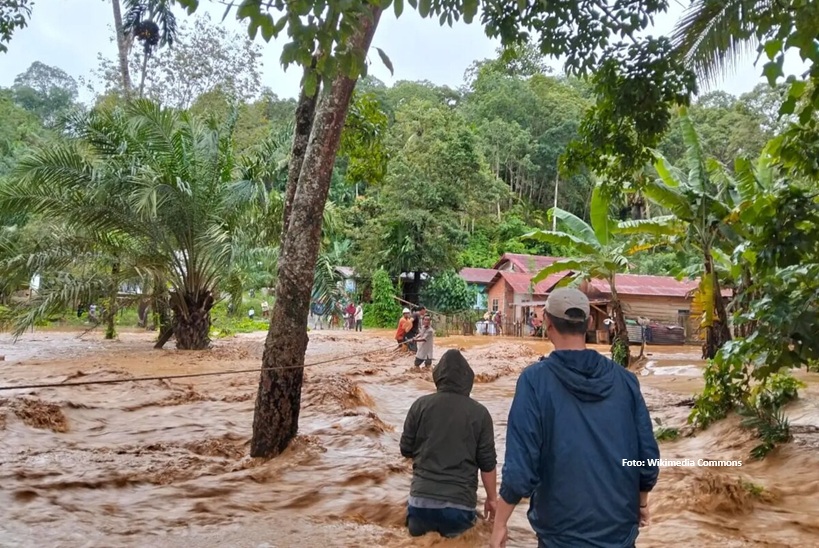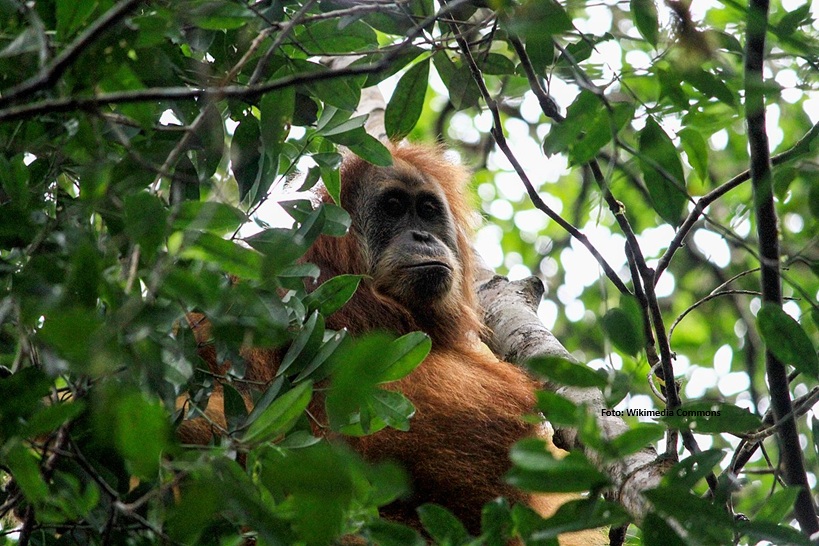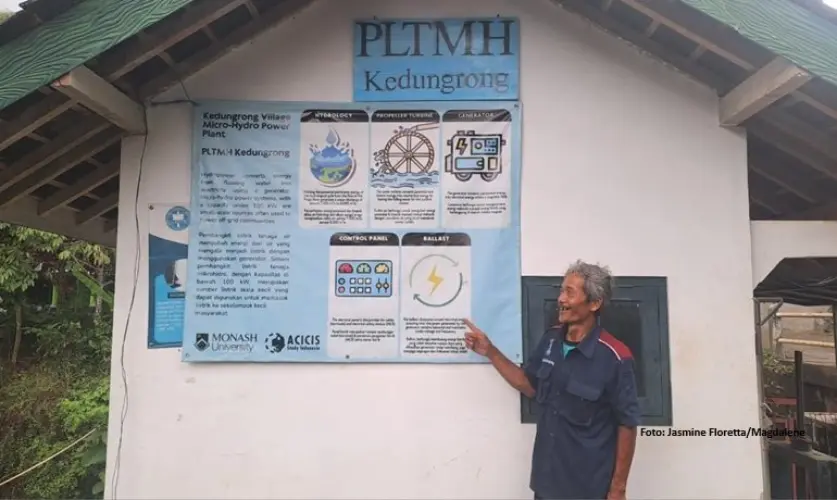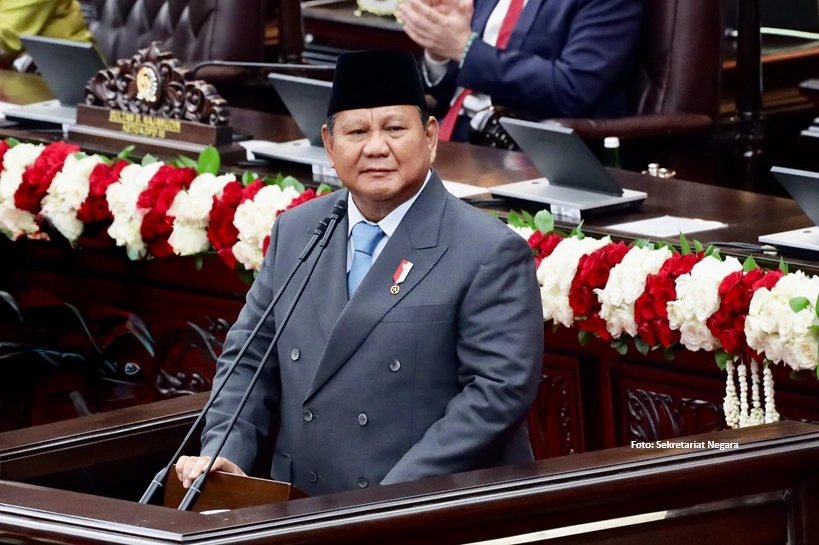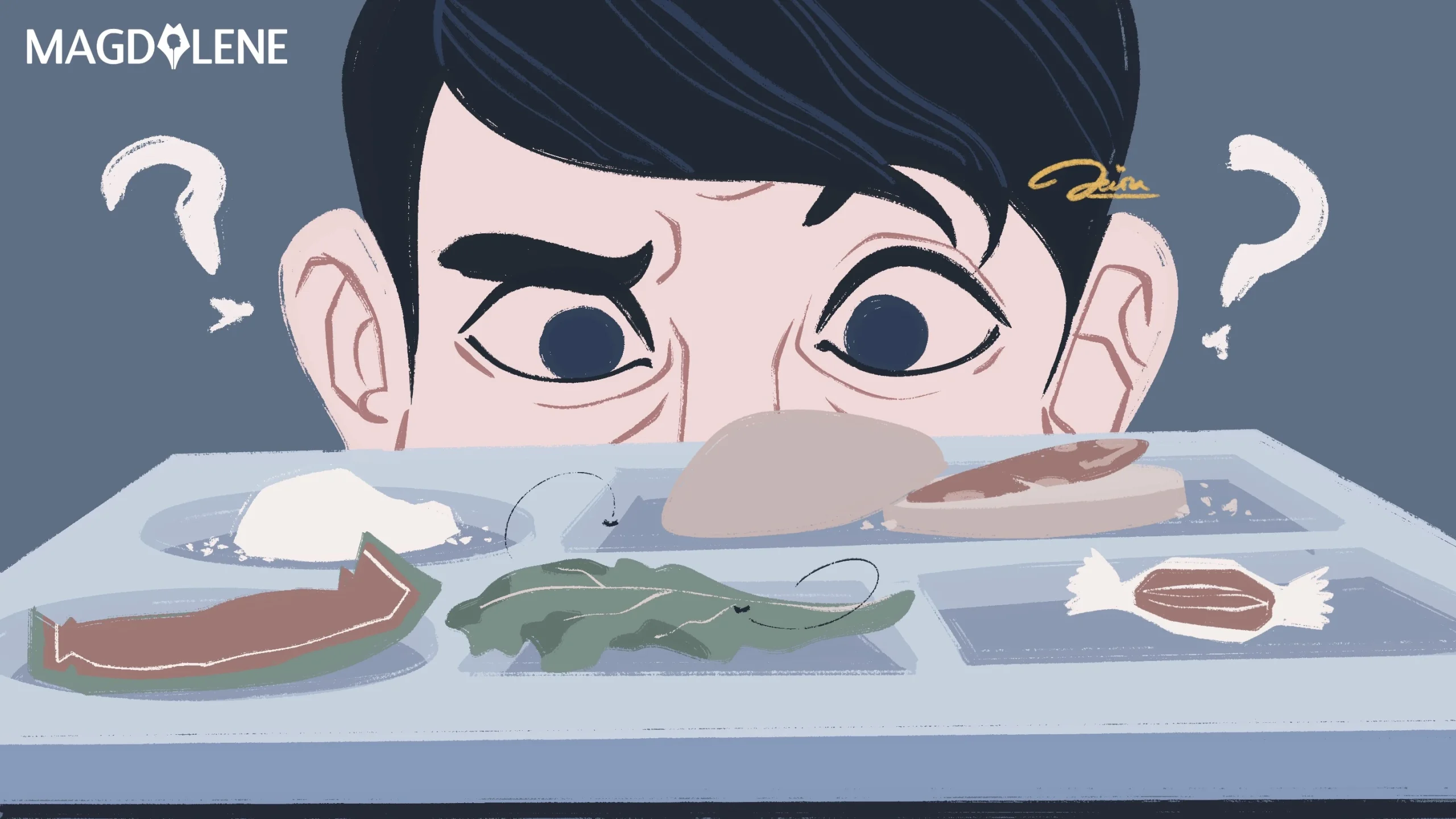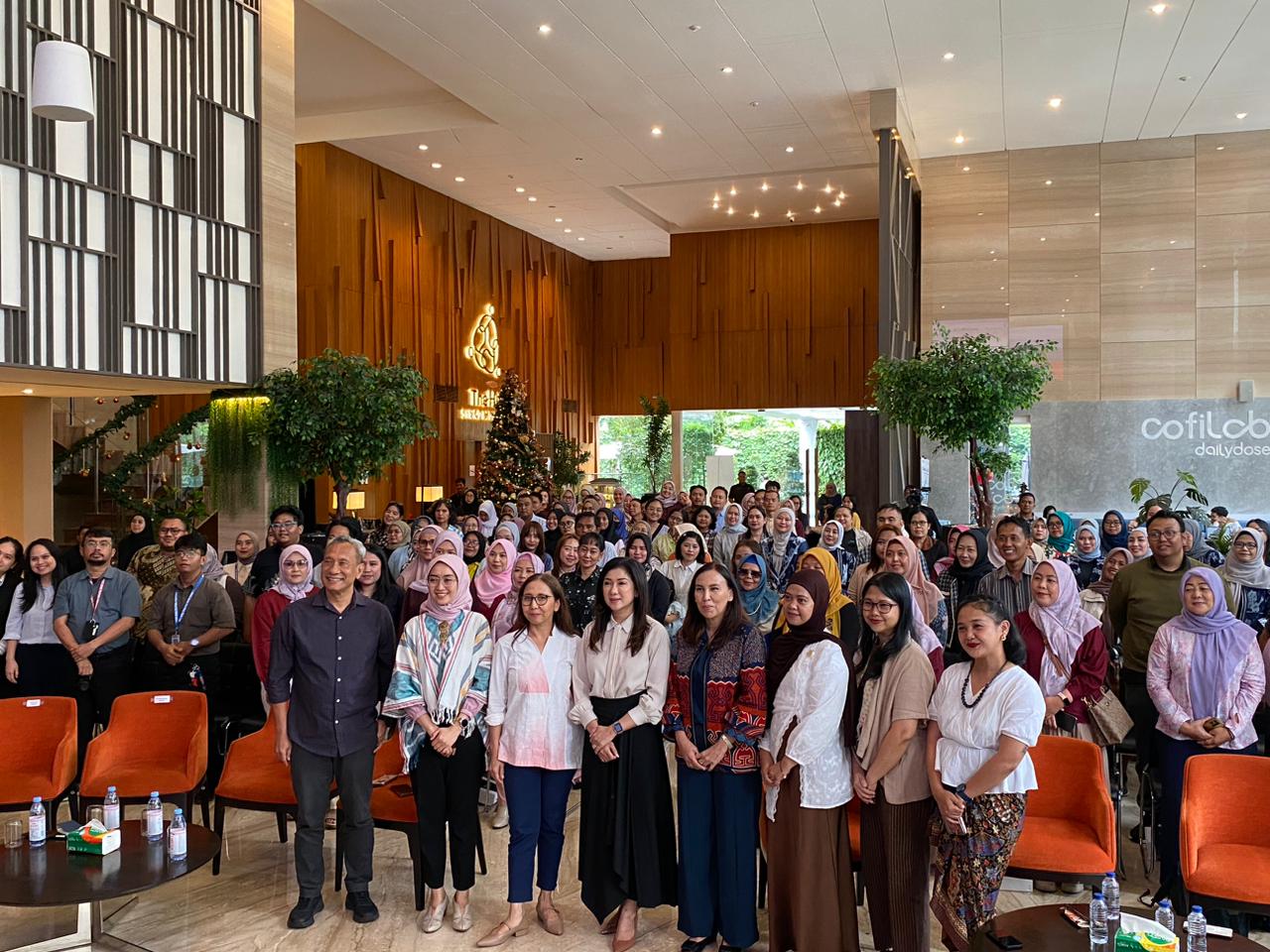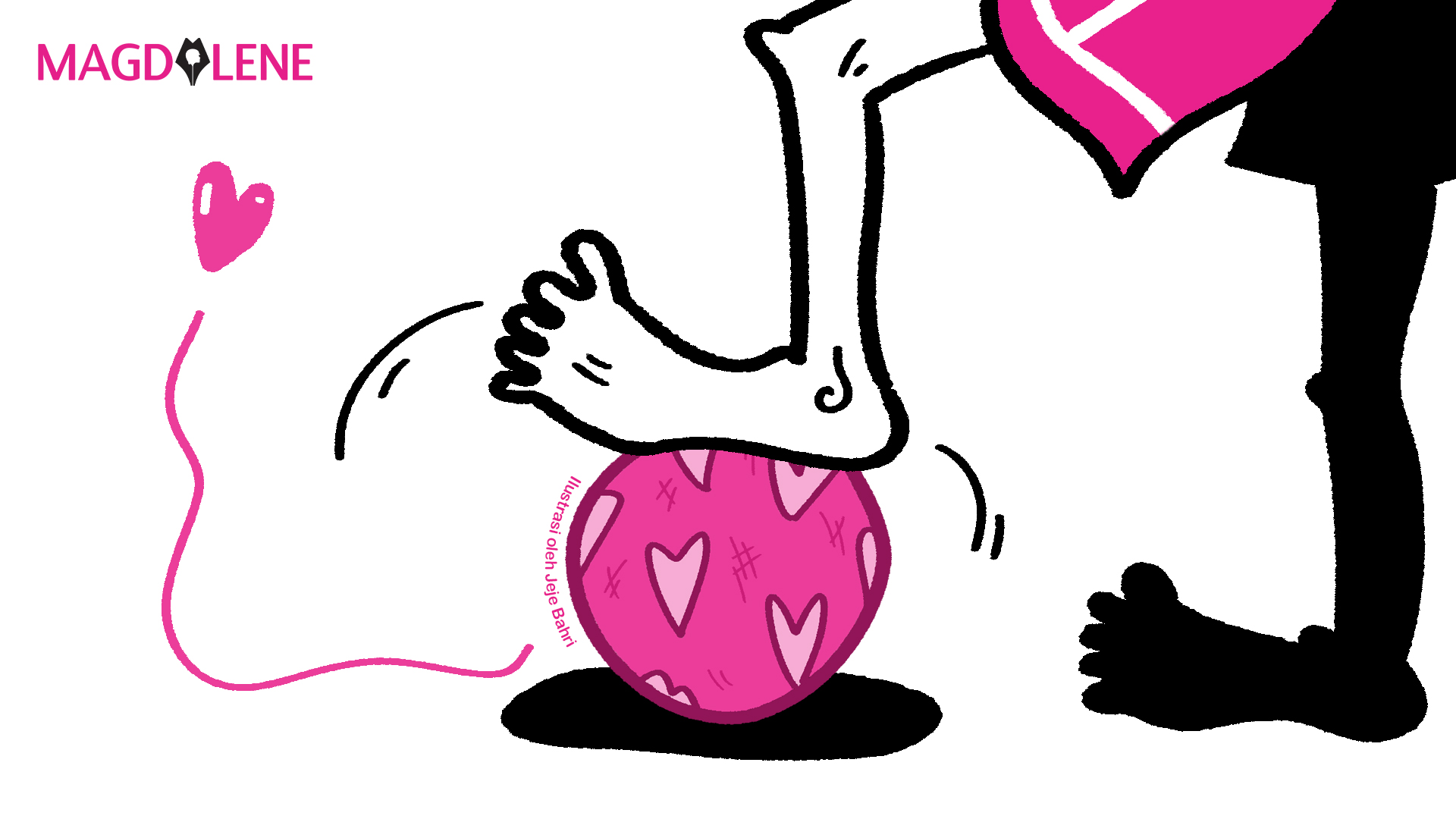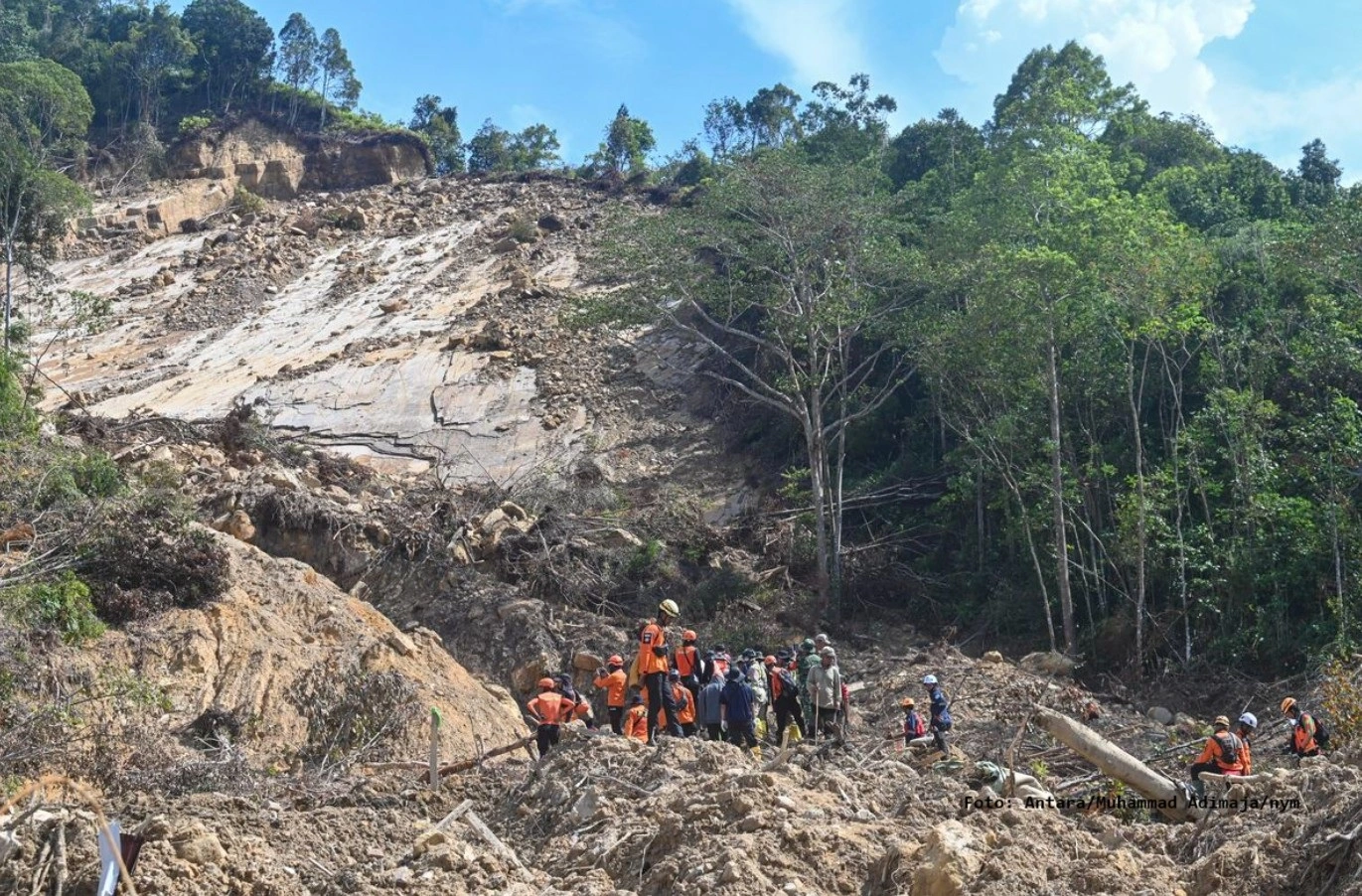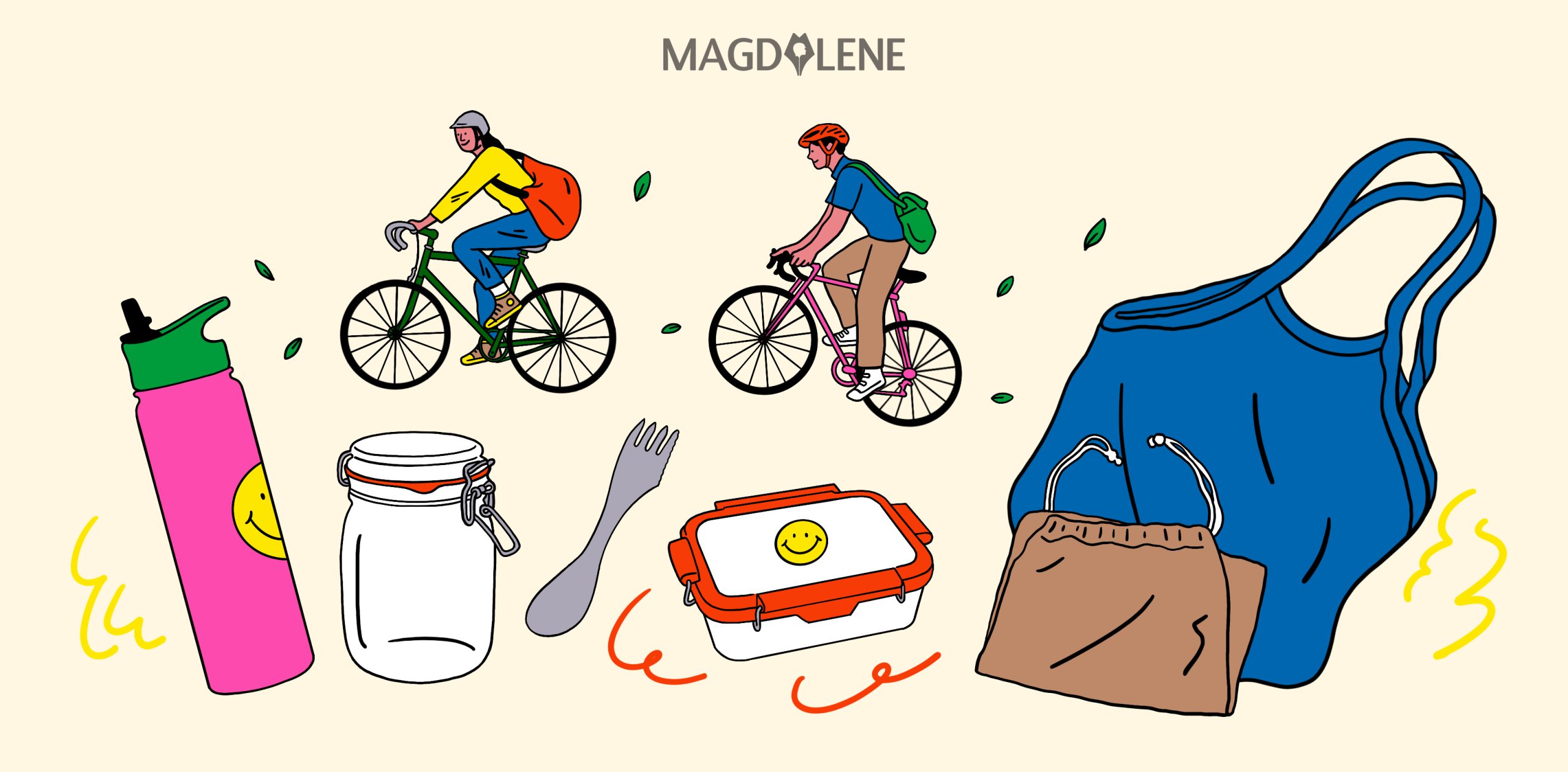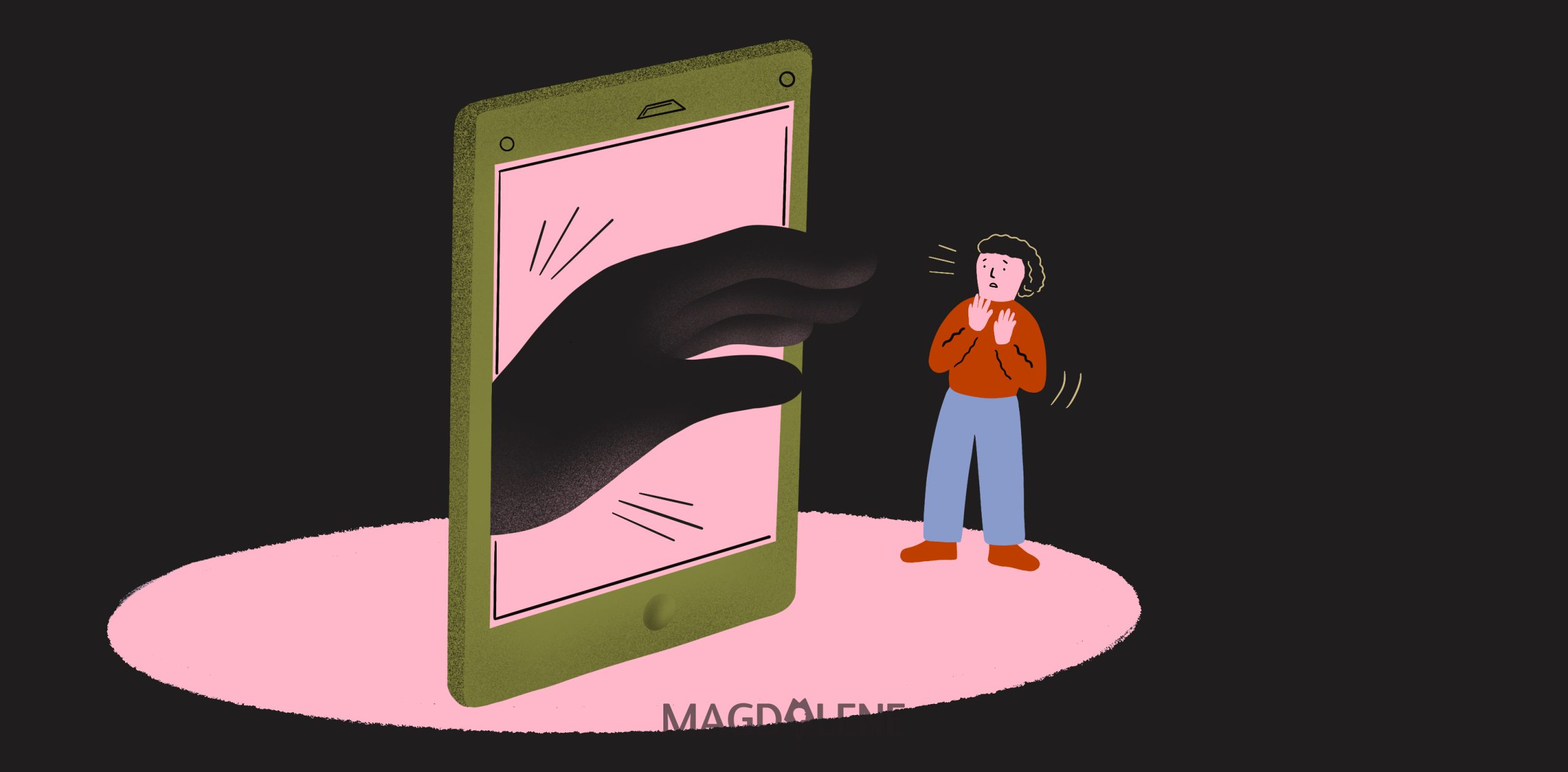How the Tsunami Brought Me Home to Rebuild It
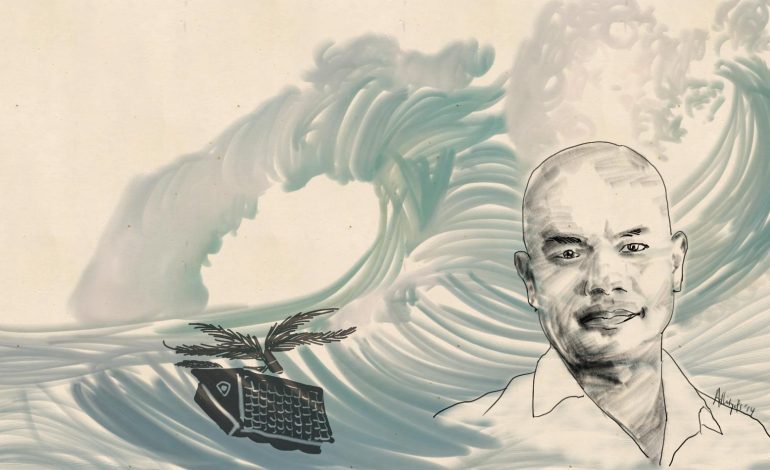
I can’t do everything but I can certainly do something.
This has been a mantra all my life whenever I come face to face with a challenge. My belief in this mantra has been strengthened after the great tsunami that devastated my home in Aceh on Dec. 26, 2014.
Ten years have passed since the disaster that killed more than 10 of my relatives. I’m dedicating this writing to Bang (Brother) Munir, my cousin who died in the tsunami along with his wife and children.
Growing up, Bang Munir was an inspiration, a born leader in our village who always took the lead in responding to whatever happened in the community. He was a doer, not one simply happy to watch and criticize, and he always tried to contribute whenever possible. He was also articulate and clear, and he inspired me to follow his path to contribute in life.
On Dec. 28, 20014, after much effort, I finally arrived at the village of Kajhu in Aceh Besar. The area had been flattened by the giant waves. Instead of the housing complex where Bang Munir lived with his family, I saw a vast land covered in tsunami debris. I couldn’t even tell the where the village ended or started, much less found where his house was.

Oh no, I thought. Having cried nonstop since the tsunami happened, I could feel tears streaming down my cheeks again. I felt faint and hard to breathe. Everything seemed dark, really dark, like there were no more hopes. It didn’t seem possible that Bang Munir was still alive, or that Kajhu or the whole of Banda Aceh would ever come alive again. In front of me was black mud as far as the eye could see, swallowing mountains of the tsunami rubbles.
What should I do? Where should I go to find Bang Munir or other family members who were swept away by the tsunami? What if they were still alive, but couldn’t find food, water, shelter, or clothes? My mind was reeling with these questions.
But I didn’t want to get carried away by these thoughts. I knew that in life, unpredictable things happened. And then I remembered my mantra: “I can’t do everything but I can certainly do something”. This mantra strengthened me. Life must go on; it must not stop here. I must move forward instead of drowning in sorrow.
The first thing I did was leave the Kajhu Village, although I had no idea what it was I would do. Neither did I have any idea where I would stay the night. But I kept going. It was as if I was driven by the mantra: “Do something.”
My late father once told me: “You must have a big heart, son, whatever happened in your life.” I promised myself that Bang Munir would not die in vain. That I would continue what he always did. I wanted him and my father to be proud of me.
Back to Aceh
That year I had been living in Jakarta. It had been 14 years since I left Aceh for university, before continuing to work in the capital. The tsunami had brought me back home. I requested a leave from my ofice to look after my relatives in Banda Aceh, but the tsunami changed my whole life plan, the career and life I had built for myself for years. To this day I continue to divide my time between Aceh and Jakarta.
After a few weeks in Aceh I decided to stay and contribute to its recovery. I quit my job in Jakarta to focus on what I could do. I thought it was time to give back, and I wanted to leave something that lasted in my birth place.
I stayed at a displaced people’s makeshift camp near Kajhu village. One of my uncles who lost his two children, his house and all his belongings was staying there as well. There were 60 other people living in a wall-less building about 10 by 12 square meter. I bought instant noodles, rice, cooking oil, feminine napkins and bottled water for the daily needs of the survivors.
Within a week I was running low on cash. Stores, offices and banks were still not functioning . We had to buy daily supplies for the displaced people out of town. Fortunately, many of my friends from Jakarta came and helped us.
Everyday I went around the camp to find out what were the immediate needs, and I got a lot of responses from my friends from outside of Aceh, in Jakarta and even in Australia and the United States. Some of them went to Aceh and helped me at the camp.
One lesson I learned was that in times of disasters, survivors need friends to talk to, to motivate them to go on living. They need people who constantly remind them that there is still tomorrow and that all we can do is move on. This psychological support is just as important as food and water.
I also learned that what was was important was the speed in delivering aid. However big the help is, it wouldn’t matter if the survivors had already died from hunger or illnesses, or if they had found a way to get aid.
This direct assistance motivated me and my volunteer friends to continue to stay at the displaced people’s camps. Some of my relatives and my old friends who spent their time crying before had begun to smile. They found solace in helping others. We moved from one camp to another.
While my relatives and friends in Aceh were looking for their lost loved ones, they also helped to relieve others of their burden. Every Friday we gathered to exchange stories and assistance in one of the camps in Banda Aceh.
“Helping other people relieved us from our own burden,” said my cousin Musafir who lost his elder brother, his house and his shop.
“Thank you for asking me to help distribute the food supplies. I can now sleep at night after weeks unable to close my eyes fearing rising sea water,” he said.
Founding an organization
As our volunteer activities continued to increase, in March 2005, I established Forum Bangun Aceh (FBA). It was never my intention to set up a non-governmental organization, because I initially only wanted to help my family. But a friend in Ireland who used to live in Indonesia had at the time collected a sizeable amount of donation from work and his friends, and he wanted to give the donation directly to the tsunami victims. I advised him to channel it to an established humanitarian organization, but he wanted to do it differently.
Mr. O’Driscoll told me over the phone from Dublin that he wanted to help me and my friends distribute the funds directly to the tsunami victims. He believed that we could distribute the aid faster than any large organizations.
“I used to work for those big international organizations and they couldn’t respond quickly. I believe you can do this in Aceh. This is the best time for you to give back to your own people.”
He suggested that we registered our organization at the local administration and opened a bank account for it.
“This will help everybody, the survivors, your friends and yourself. You need to have their trust. Please do it for all of us,” he said. So I did.
After 10 years, FBA continues to grow, and to this day it still continues its work focusing on people’s empowerment in education and economic development. FBA has established Early Childhood Development centers and set up and runs savings and loans cooperatives. It has also given various training to the local people and even sent teachers and students from Aceh to participate in exchange programs overseas. FBA has also accepted volunteers from all over the world.
The organization is a testimony of how an intention and conviction to do something, no matter how small, can produce big results. I want to thank all the involved parties, especially the volunteers who came to Aceh during the hardest time after the tsunami.
Azwar Hasan is a the founder Forum Bangun Aceh (FBA). He was born and raised in Aceh. He can be contacted at [email protected]
This article is originally written in Indonesian. Read it here.

